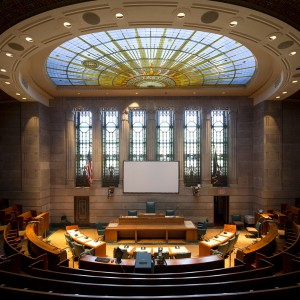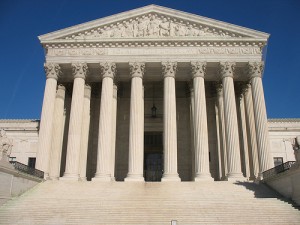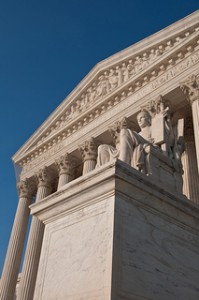Posted
02 May 2014 in Case Notes, Commentary
Given the Supreme Court’s prominent role in deciding important issues of the day, it is easy to get caught up in the latest juicy Court
mishap.

Justice Scalia erroneously depicted precedent in his dissent in
EPA v. EME Homer City Generation, which had to be corrected. But don’t let that be the reason you read this blog post. This case is important for local governments.
The Clean Air Act’s Good Neighbor Provision prohibits upwind states from emitting air pollution in amounts that will contribute significantly to downwind states failing to attain air quality standards. In
EPA v. EME Homer City Generation the Supreme Court resolved two issues related to the Good Neighbor Provision. Justice Ginsburg wrote the 6-2 opinion.
The Court first considered how responsibility for air pollution should be allocated.
 Judges at all levels criticize string cites. Minority and dissenting judges criticize majorities that use string cites, and vice versa but to a lesser extent. Attorneys criticize the string cites in their opponents’ briefs. Law reviews insult string cites routinely.
What distinguishes a string cite from a list of cases that support the stated proposition?
Judges at all levels criticize string cites. Minority and dissenting judges criticize majorities that use string cites, and vice versa but to a lesser extent. Attorneys criticize the string cites in their opponents’ briefs. Law reviews insult string cites routinely.
What distinguishes a string cite from a list of cases that support the stated proposition?










 By Lisa Soronen [We are thrilled to have a guest post from Lisa Soronen, executive director of the
By Lisa Soronen [We are thrilled to have a guest post from Lisa Soronen, executive director of the